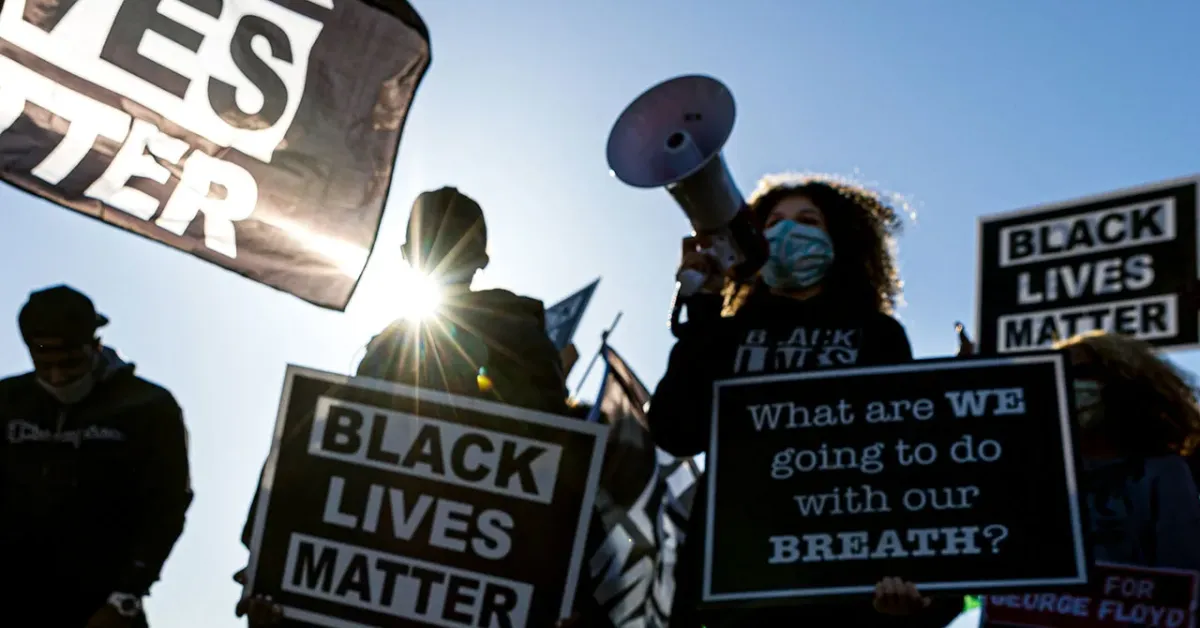
Black Lives Matter
Black Lives Matter (BLM) is a decentralized movement that began in the United States in 2013, advocating against police brutality and systemic racism, particularly towards African Americans. The movement was founded by three activists—Alicia Garza, Patrisse Cullors, and Opal Tometi—following the acquittal of George Zimmerman, who was charged with the shooting death of Trayvon Martin, an unarmed Black teenager. BLM aims to address a broad range of social justice issues, including racial inequality, mass incarceration, and the disproportionate use of force against Black people by law enforcement.
BLM protests and demonstrations have become a prominent response to high-profile incidents of police violence, particularly those resulting in the deaths of African Americans such as Michael Brown, Eric Garner, and Breonna Taylor. The movement gained significant international attention following the killing of George Floyd in May 2020. Floyd’s death, which was captured on video showing a police officer kneeling on his neck for over nine minutes, sparked widespread protests not only across the U.S. but also globally. These protests led to renewed debates on police reform, the funding of law enforcement agencies, and broader discussions about institutional racism in America.
BLM is not a single organization but a network of chapters and grassroots initiatives that organize protests, advocacy campaigns, and community programs. The movement employs social media as a key tool for organizing, amplifying voices, and spreading its message. Although there is no formal leadership structure, BLM’s core principles revolve around combating anti-Black violence, uplifting marginalized voices, and promoting justice and equity.
Critics of the movement have raised concerns about the tactics of some BLM protests, particularly instances of unrest that have followed peaceful demonstrations. However, BLM supporters argue that the movement has played a crucial role in bringing attention to longstanding racial injustices and pushing for systemic change.
BLM's influence extends beyond the U.S., with similar movements and protests emerging in other countries to address racism and police brutality in their own societies.
Stichworte
Quellen







